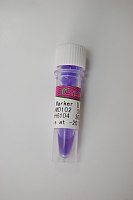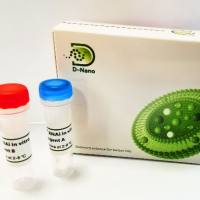The deleterious effects of DNA damage on DNA replication have been demonstrated in many model systems and the mechanisms of the resulting inhibition have been a research focus for at least 40 years. Moreover, recent studies have identified several major components of the S-phase checkpoint, providing a mechanistic background for understanding the basis of inhibition of the initiation and elongation steps of DNA replication after DNA damage. Yet several aspects of the underlying biochemical mechanisms remain unresolved including the characterization of the enzymatic activities involved in checkpoint activation and the coordination of this process with DNA repair. Helpful for the delineation of the mechanism of the S-phase checkpoint is the observation that factors inhibiting DNA replication in vivo can be found in active form in extracts prepared from irradiated cells, when these are tested using the simian virus 40 (SV40) assay for in vitro DNA replication. In this assay, replication of plasmid DNA carrying the minimal origin of SV40 DNA replication is achieved in vitro using cytoplasmic cell extracts and SV40 large tumor antigen (TAg) as the only noncellular protein. Here, we describe protocols developed to measure in vitro DNA replication with the purpose of analyzing its regulation after exposure to DNA damage. The procedures include the preparation of components of the in vitro DNA replication reaction including cytoplasmic extracts from cells that have sustained DNA damage. The assay provides a powerful tool for investigating the effect of distinct agents acting either by inducing lesions in the DNA, or by inhibiting the functions of checkpoint proteins. Nevertheless, the fact that several steps of DNA replication initiation are carried out in this in vitro assay by TAg and not the corresponding cellular factors, might be considered as a limitation of the approach.






